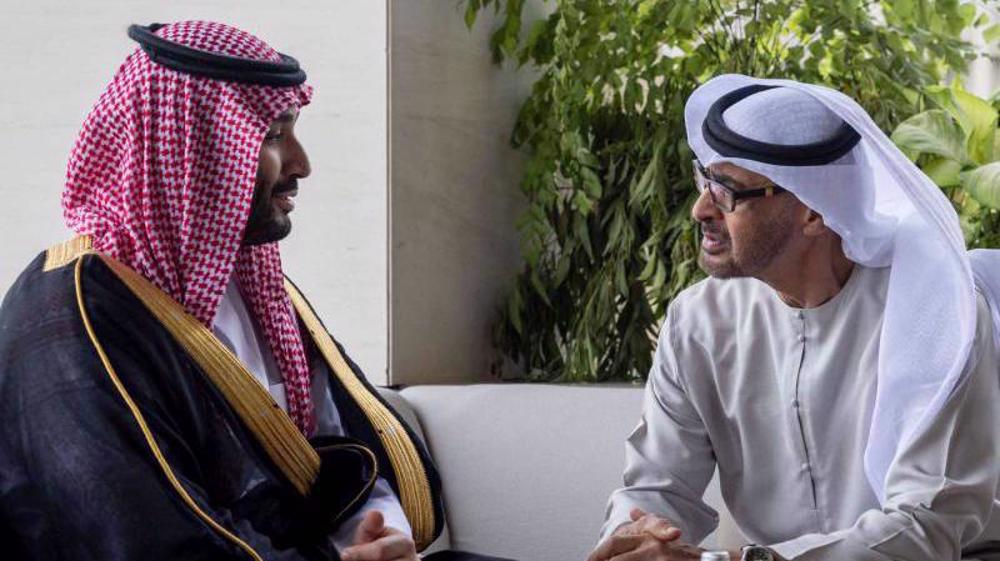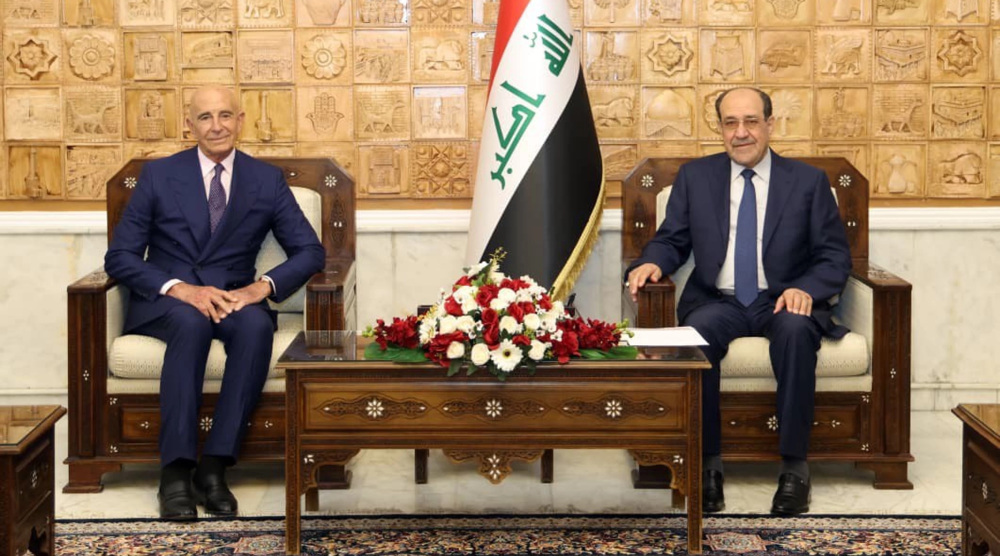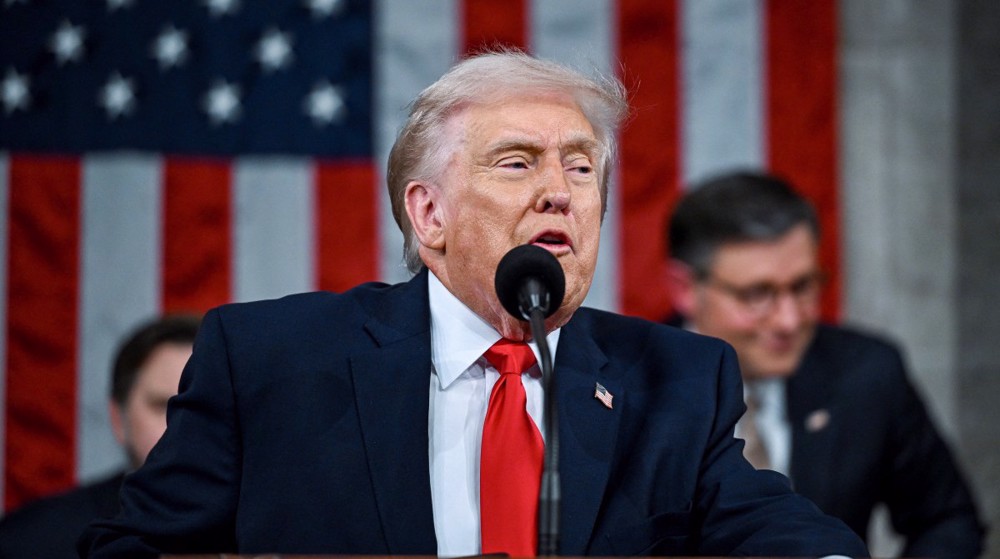Malaysia PM calls on ASEAN to stick together in face of US trade war
Malaysian Prime Minister, Mahathir Mohamad, has called on the Southeast Asian countries to stick together in the face of a trade war launched by US President Donald Trump against China.
On the sidelines of a gathering of leaders of the 10 member Association of Southeast Asian Nations (ASEAN) in Thailand’s capital, Bangkok, the Malaysian leader said “ASEAN is quite a big market for the whole world.”
"We don’t want to go into a trade war,” Mohamad said. “But sometimes when they’re un-nice to us, we have to be un-nice to them."
The Trump administration launched the trade war with China last year, when it first imposed unusually heavy tariffs on imports from the Asian country. China has retaliated by hitting most of what the US exports to the Asian country.
The trade war has increased the specter of a global recession.
In an obvious reference to Trump, Mohamad said, "If the person is not there, maybe there will be a change.”
The US, which is a major trade partner, is sending a delegation to the summit, led by the newly appointed national security adviser, Robert O’Brien, and Commerce Secretary, Wilbur Ross; instead of Trump or his Vice President Mike Pence, who attended last year’s summit in Singapore.
"This signals that the US is a lesser player in our area," said former Thai Foreign Minister, Kantathi Suphamongkhon.
Diplomats said the trade issue would be the main topic of the summit.
Regional issues, such as maritime disputes with China over the South China Sea, are not expected to top the agenda this year.
From China, Premier Li Keqiang is attending the summit.
The resource-rich sea has long been a source of tension between Beijing and Washington, which has been taking sides with several of China’s neighboring countries that have competing sovereignty claims to the strategic waters.
Washington regularly dispatches its warships and warplanes to the waters as part of what it describes as “freedom of navigation” patrols.
Beijing has constantly warned the US against its military activities in the sea, saying that potential close military encounters between air and naval forces of the two countries in the region could easily trigger miscalculation or even accidents at sea or in the air.
Profile: Maj. Gen. Abdolrahim Mousavi, the martyred Chief of Staff of Iran's Armed Forces
Profile: Major General Mohammad Pakpour, the martyred IRGC commander-in-chief
Iran’s government declares 40 days of mourning over Leader’s martyrdom
American criminals and Israeli regime will 'regret' war of aggression against Iran: General Staff
Iran’s defense minister, chief of staff of armed forces assassinated in US-Israeli strikes
Pezeshkian condemns ‘savage’ US-Israeli attack on school that killed nearly 90
Islamic Jihad extends 'full solidarity' with Iran following Israeli-American aggression
Leader of the Islamic Revolution martyred in cowardly Israeli-American aggression













 This makes it easy to access the Press TV website
This makes it easy to access the Press TV website